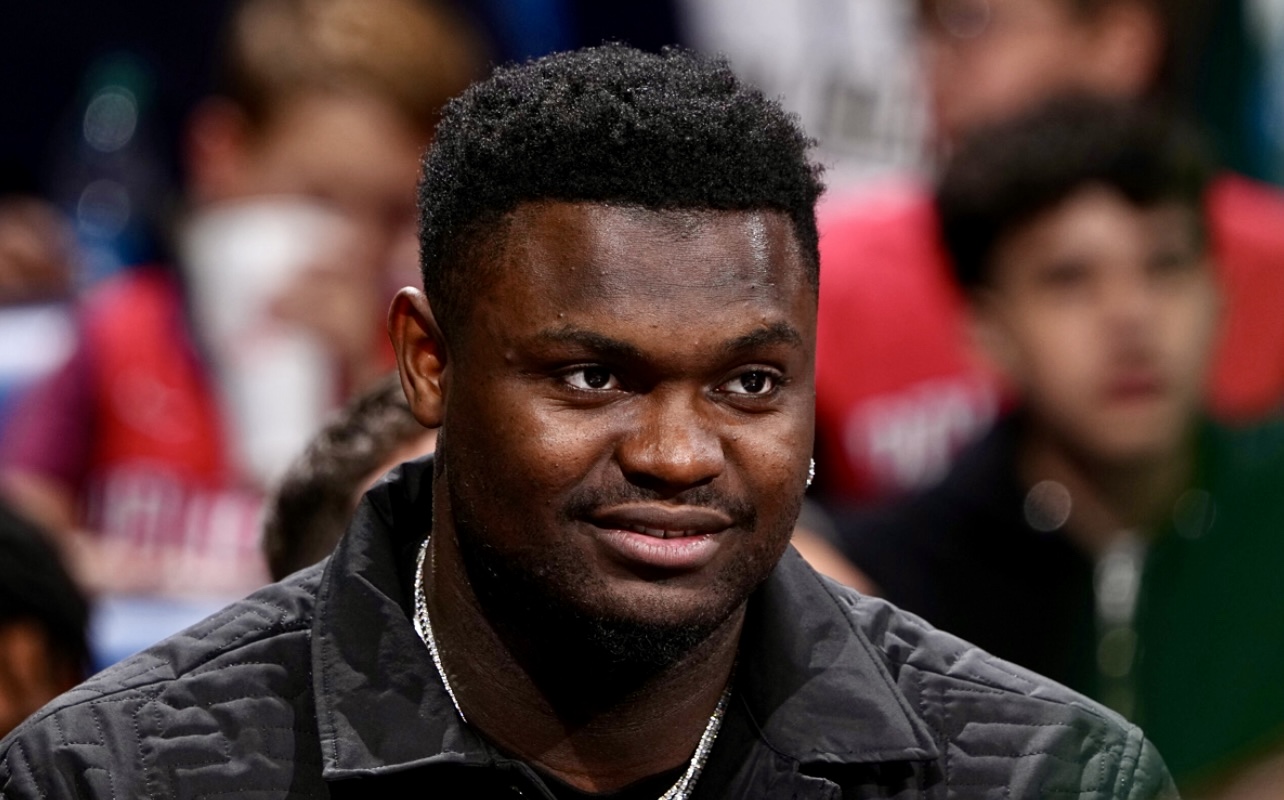
May 10, 2024
Federal Appeals Court Upholds Ruling In Favor Of Zion Williamson
One of Ford’s main arguments revolved around the idea that Williamson, who was one of the leaders of the 2019 Duke University men’s basketball team as a freshman, was in fact, not a student-athlete.
In a ruling released on May 6, Judge Albert Diaz of the 4th U.S. Circuit Court of Appeals agreed with a previous 2021 ruling that New Orleans Pelicans star Zion Williamson’s agreement with Florida-based agent Gina Ford was rendered invalid because Ford was not a licensed agent in North Carolina when she entered into a contract with Williamson.
As The Associated Press reports, Williamson filed a lawsuit against Ford in June of 2019 after he broke his agreement with her and moved his representation to Creative Artists Agency LLC ahead of the NBA Draft. Diaz’s ruling granted Williamson a legal shield against any penalties he would have generally incurred for breaking the deal because Ford was not legally cleared to assume the duties of a sports agent in North Carolina.
One of Ford’s main arguments revolved around the idea that Williamson, who was one of the leaders of the 2019 Duke University men’s basketball team as a freshman, was, in fact, not a student-athlete. As Reuters reported, the National Basketball Association, which filed an amicus brief in the lawsuit, argued that the case was the first appellate case in the country to interpret the definition of “student-athlete” as it had been previously defined in the Uniform Athlete Agents Act.
According to the ruling, “The Act defines “student-athlete” as: An individual who engages in, is eligible to engage in, or may be eligible to engage in any intercollegiate sport. If an individual is permanently ineligible to participate in a particular intercollegiate sport, the individual is not a student-athlete for that sport.”
The court continued, citing their agreement with Williamson’s claim: “We agree with Williamson. If a student is engaged in an intercollegiate sport when he signs an agency contract, he is a student-athlete subject to the Act. The permanent ineligibility clause doesn’t apply to Williamson, who was engaged in a single sport.”
The court also found that their reading of the Act, here the Uniform Athlete Agents Act, was in unity with the spirit of the law and also ruled that Williamson was free to void the contract because Ford was an unlicensed agent.
According to the lawsuit, “Prime concedes that Ford wasn’t registered as an agent in North Carolina, and under the Act, any agency contract between a student-athlete and an agent who fails to register in North Carolina is automatically void. Likewise, it’s undisputed that the Prime contract didn’t contain the requisite warnings. So even if the contract weren’t already void, Williamson was free to void it, which he did both via email and through counsel.”
As Diaz clarified in the opening portion, which summarizes his decision, the court substantiated none of the counterclaims brought by Ford and Prime. “In his case, we interpret the North Carolina Uniform Athlete Agents Act, which governs contracts between student-athletes and their agents.
Prime Sports Marketing, LLC, and Gina Ford argue that their former client, Zion Williamson, wasn’t a “student-athlete” when he contracted with them, so he can’t benefit from the Act’s protections. The district court rejected that argument and granted summary judgment to Williamson on Prime’s contract and tort claims.